A Very Special Essential Worker
Can a person with disability be an Essential Worker?
According to the US Department of Labor, in 2019 19 percent of persons with disability were employed. That is such a low percentage and certainly does not reflect the desire of people with disabilities to work. This low number is more a reflection of the level of opportunity rather than the willingness or ability of persons with disability to work. So often the systems in place hold back people with disabilities from getting a job. Current barriers include employers not willing to hire people with disabilities or not being aware that someone with disabilities could do the job, and do it well. Is a person with disability able to also be an essential worker during Covid-19? There are not enough programs that train people with disabilities and sometimes the training does not lead to a paying job. In high school and transition programs, the students with disabilities are placed in pre-vocational programs where they work side-by-side only with other people with disabilities, which does not replicate real life or provide an experience that is transferable. Once they finish secondary education, they are placed in programs that theoretically will help prepare them for work, but these programs contain almost no expectations or even set goals to help the trainees move into a paying job. For example, programs often consist of volunteering in small groups such as in a food pantry. Who could learn vocational skills in that environment? Would anyone accept that as an internship for a typical high school or college student? I think not!
One parent took this dismal state of affairs into her own hands. Rony Rosenbaum, parent of Michael, decided that her son with Down syndrome was going to have a real job. Actually, Michael decided that for himself at the age of 14! Just like other kids, who say they want to grow up to be a fireman, doctor, run a business or even drive a trash truck, Michael announced each time he went to his neighborhood Gelson’s Market that he was going to work there. Michael went almost weekly to Gelson’s Market and knew everyone that worked there. More importantly, everyone at Gelson’s knew Michael! This went on for 2 years. Finally, when Michael was 16, Rony wrote a letter to Gelson’s Market human resources thinking maybe they would hire him for the summer. This calmed Michael for a bit, although they never received a response.
Two years later, when Michael was 18, he again started reminding his mom that he wanted a job at Gelson’s Market. Another heartfelt letter was sent to human resources. The letter included details about Michael’s love for the store and listed the employees at the store who knew Michael. Perhaps the people at human resources wanted to talk to them? The letter specified that Michael would have an employment coach provided by the Regional Center, arranged by Rony prior to writing the letter. Then they waited.
While on vacation in New York in March, 2015 Michael received a call from Eddie Rojas, the manager of their neighborhood Gelson’s Market. Gelson’s wanted to hire Michael. They invited him to come in to discuss the specifics. Michael had his dream job! But the story doesn’t end there.
Mr. Rojas arranged for Michael to work 4 hour shifts, at least 16 hours per week as needed by the Union. For the past 5 years, each manager has worked with Michael and his mom to make sure he worked the hours that he could. Through these years, Michael has worked under four different managers, each always accommodating his needs and helping him grow in the job.
And then Covid-19 hit in March and all of Michael’s activities (including a second job) moved to Zoom. But for Michael, his job at Gelson’s was his responsibility; there was never a question about whether to continue going to work. After all, how can you bag groceries or restock through Zoom? For his parents, there was a moment of wondering whether they could let him continue working. However, just because he is “special” doesn’t mean he is not “essential,” and that his how Michael became a very special essential worker.
Need help transitioning your child from secondary education to adult life? Let me help!
